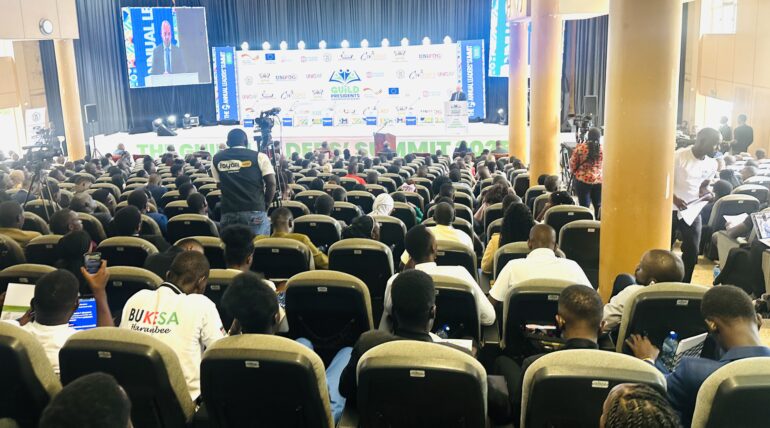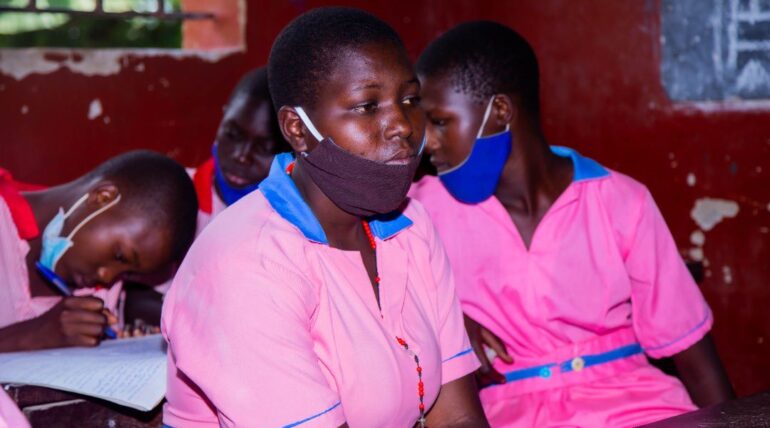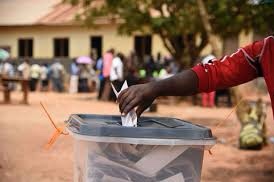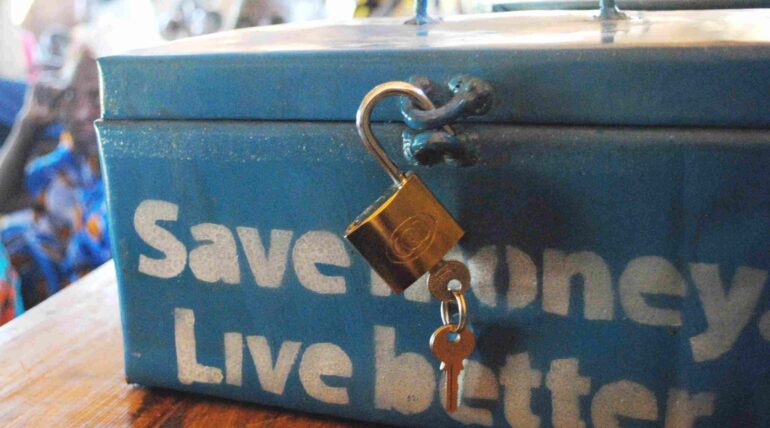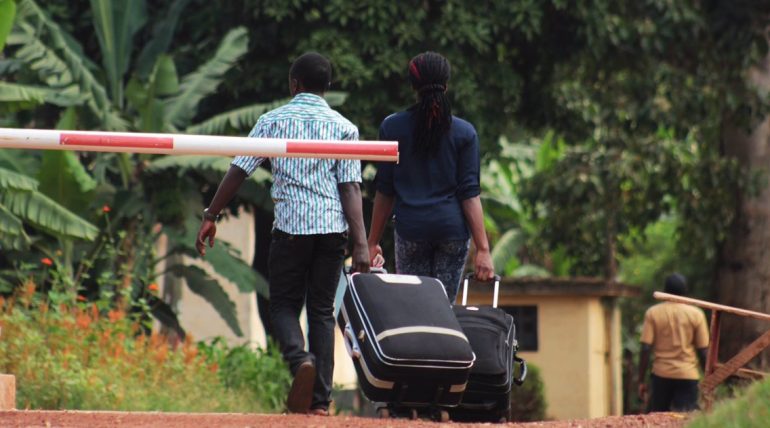- ASHA DIGITARY
- Leave a Comment on Youth Leadership and Democratic Governance: A Call to Action from the 2nd Guild Leaders’ Summit at Makerere University
Youth Leadership and Democratic Governance: A Call to Action from the 2nd Guild Leaders’ Summit at Makerere University
On April 24, 2025, I was invited as a panelist to the 2nd Guild Leaders' Summit at Makerere University, hosted by the Guild Leaders Academy. The theme, "Leaders with Integrity: Building Foundations for Good Governance in East Africa," was a powerful

